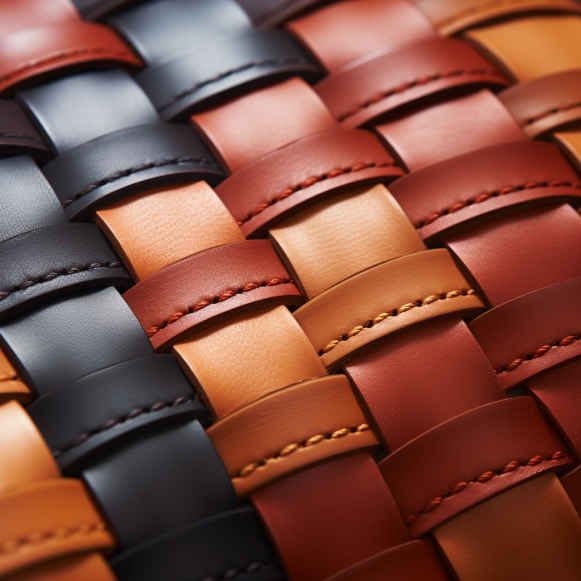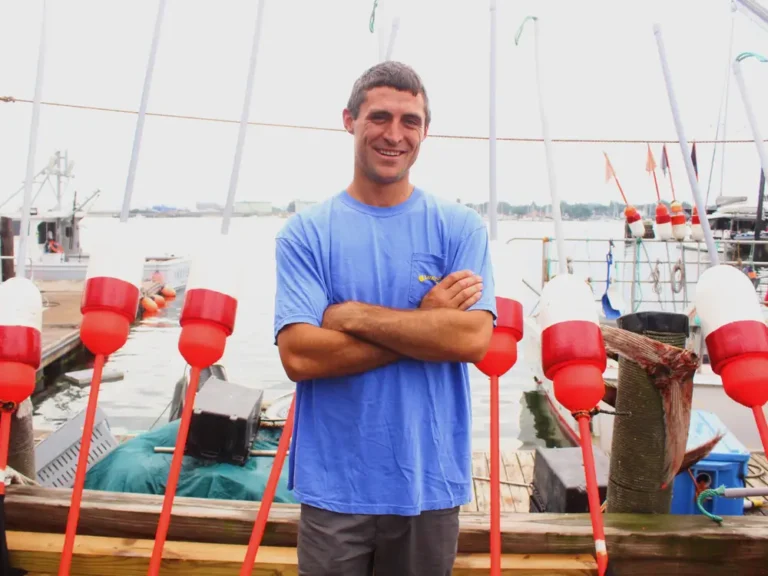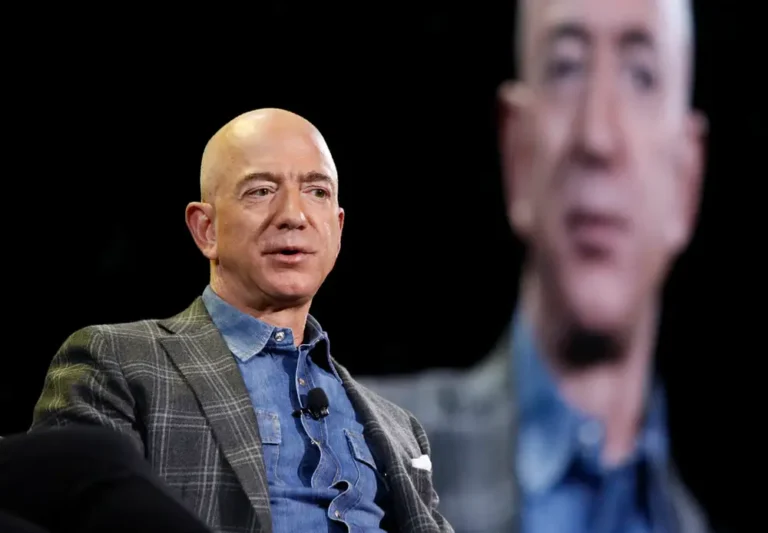Apple’s $59 fake-suede ‘FineWoven’ iPhone case is its biggest dud of 2023

Apple developed fabric as a greener alternative to leather
Apple Inc. heralded a new material for phone cases and watchbands earlier this month as a groundbreaking alternative to leather with “subtle luster and a soft, suede-like feel.”
Consumers and reviewers aren’t convinced. The fabric, known as FineWoven by Apple, has been criticized for being prone to scratches and stains, as well as having an almost-slippery feel that some find unpleasant. What began as a noble goal of making Apple’s products carbon neutral is now threatening to become one of the company’s biggest blunders of 2023.
FineWoven is an all-new textile made of 68% post-consumer recycled material, according to Apple. It’s part of a push to phase out leather across its product line, including iPhone cases and Apple Watch bands, as the company strives to become carbon neutral across its entire global operations.
However, FineWoven has yet to overcome its first challenge: winning over Apple fans and early adopters who purchased the product before anyone else. One such user is Federico Viticci, the blogger and podcaster behind the MacStories website. He complained on Mastodon about a stain on his FineWoven case after going out to dinner.
“I honestly think this is one of the worst accessories Apple’s produced,” he stated. “I might just toss this out now.” (Excellent for the environment!)”
MobileReviewsEh’s YouTube product review video demonstrates how easily the case can retain scratches. A blogger at 512 pixels complained that the case’s holes don’t line up with the phone’s port or speakers. A Verge reviewer put it bluntly: “FineWoven is very bad.”
A spokesperson for the Cupertino, California-based company did not respond immediately to a request for comment.
Touching the material, FineWoven, takes some getting used to. When you press on the case, it feels like a rough pair of tights — strangely coarse but plush. The sides appear sleek, but one wrong move and it will scratch.
The product is also quite expensive. A FineWoven iPhone case costs $59, which is $10 more than the plastic and silicone versions sold by Apple — and far more than the options offered by third parties.
Customers who are dissatisfied with the case, or almost any Apple product, can return it within 14 days of purchase.
It’s ironic that FineWoven was one of the most contentious issues surrounding the iPhone 15’s release. This is the year that Apple switched the phone to a USB-C connector, which was expected to cause consumer outrage.
The last time Apple changed the iPhone’s power connector — to Lightning in 2012 — customers were outraged. They suddenly found themselves with drawers full of obsolete cords and accessories that needed to be replaced or a clunky adapter.
However, the switch to USB-C this year has not received the same level of criticism, possibly because it has been a long time coming. Many consumers already own a variety of products that adhere to the standard, including Apple devices.
Other high-profile product launches have gone wrong for the company. The antenna on the iPhone 4 didn’t work properly if the bottom left corner was covered in 2010. The executive in charge of hardware design resigned following the controversy known as “Antennagate.” The iPhone 6 was so thin in 2014 that it bent, which Apple claimed was a rare occurrence.
The question with FineWoven is whether the outcry will extend beyond early adopters and critics. Viticci believes that ordinary consumers are also finding flaws.
“I really like the thinking behind FineWoven cases,” he stated. “Unfortunately, the execution isn’t there yet.”





